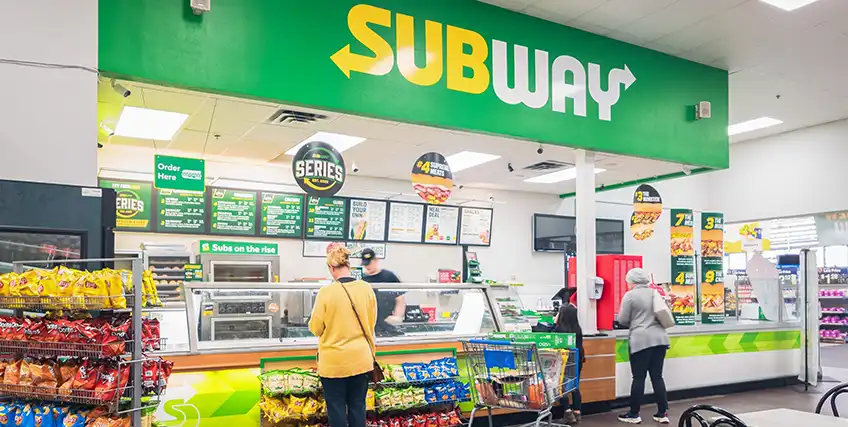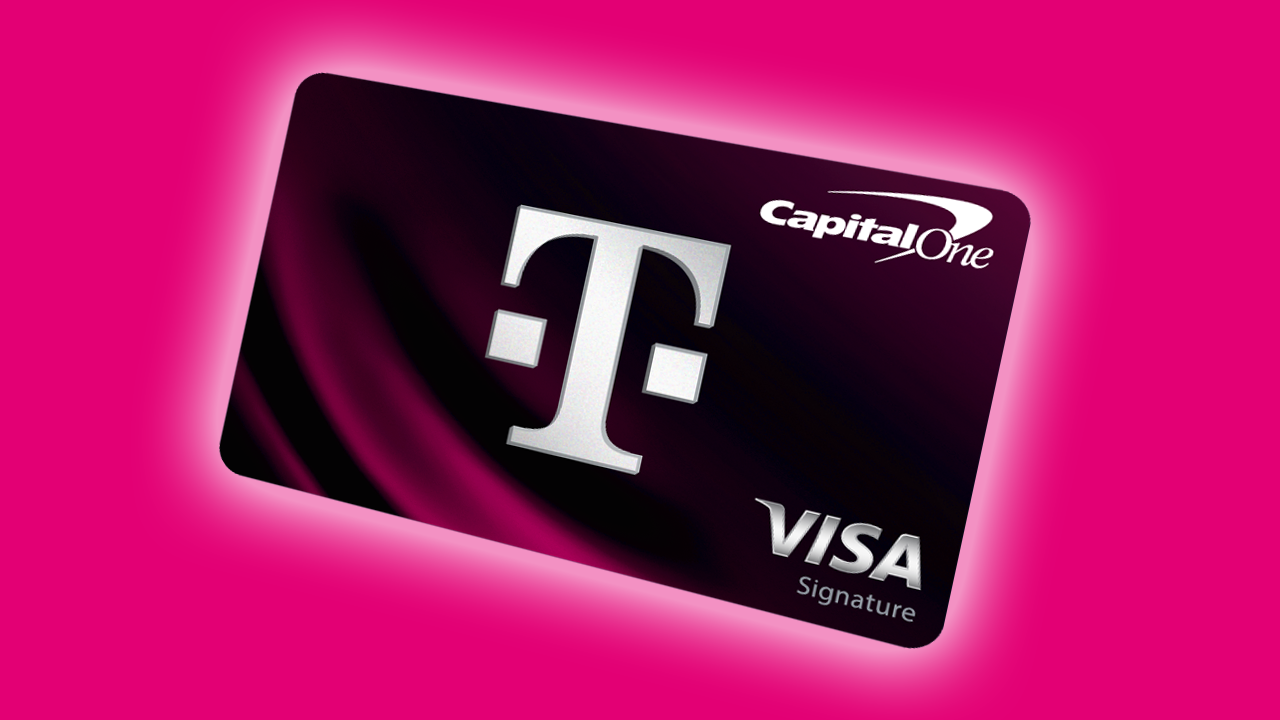Opening a Subway franchise is a popular choice for aspiring entrepreneurs due to the brand’s established reputation and proven business model. But how much does it cost to start a Subway franchise?
The total investment can range from $244,050 – $537,300, depending on various factors. Understanding these costs upfront is crucial for planning and securing financing. For detailed insights into financing options, visit our guide on franchise loans.
Cost of Opening a Subway: A Breakdown
Starting a franchise comes with unique expenses. Subway franchisees can expect these costs:
Franchise Fees
Franchise fees give franchisees the right to operate under the franchisor’s brand and receive initial training and ongoing support. It’s a one-time payment due upon signing the franchise agreement.
Subway franchise fees are around $15,000, which franchisees can pay with their own money or with financing.
Initial Investment
Just like any business, franchises need an initial investment. These funds cover the costs of setting up your Subway store, including leasehold improvements, equipment, signage, and initial inventory.
The total initial investment ranges from $229,050 – $522,300. While that sum may be intimidating, these costs can be financed through loans and other franchise financing options.
Net Worth Requirement
Many franchises require their franchisees to meet a net worth requirement to ensure they have the financial stability to support the business and uphold brand standards. This reduces the risk of failure and protects the long-term success of the franchise system. This requirement also helps franchisors comply with regulations and benefit from their franchisees’ success.
Subway requires franchisees to have a minimum net worth of $150,000. Unlike other costs of opening a franchise, this requirement cannot be financed.
Liquidity Requirement
In addition to net worth, Subway requires potential franchisees to have at least $100,000 in liquid assets. This ensures you have the cash flow necessary to cover initial operating expenses and any unexpected costs.
Royalty Fee
Subway charges a royalty fee of 8% of gross sales, paid monthly.
Marketing Fee
In addition to the royalty fee, franchisees must contribute 4.5% of their gross sales to a national marketing fund. This fund supports nationwide advertising campaigns that benefit all Subway locations by increasing brand visibility and attracting customers.
Subway Franchise Costs in Review
Here is a summary of the costs associated with opening a Subway franchise:
| Cost | Amount |
|---|---|
| Franchise Fee | $15,000 |
| Initial Investment | $229,050 – $522,300 |
| Net Worth Requirement | $150,000 |
| Liquidity Requirement | $100,000 |
| Royalty Fee | 8% of gross sales |
| Marketing Fee | 4.5% of gross sales |
| Total | $244,050 – $537,300 + royalty and marketing fees |
How Profitable are Subway Franchises?
The profitability of a Subway franchise can vary widely depending on location and management. On average, Subway franchisees report annual revenue of approximately $400,000, with profit margins around 15-22%. Splitting the difference, that means that owners with a single franchise might expect to net around $72,000 per year.
However, profitability can be influenced by various factors such as the cost of rent, labor, and local competition. Franchisees who effectively manage their expenses, maintain high customer satisfaction, and leverage marketing opportunities can see higher profit margins. Additionally, multiple franchise ownership can significantly increase earnings potential, as economies of scale and shared resources can reduce operational costs.
For more insights on profitable franchises, check out our article on franchises with low startup costs and high profit margins. Understanding these factors and strategically planning your operations can help maximize the profitability of your Subway franchise.
Pros and Cons of Opening a Subway Franchise
While owning a Subway franchise has many benefits, it also comes with challenges. Here’s a look at the pros and cons:
Advantages
- Brand Recognition: Operating under a globally recognized brand helps attract customers and build trust quickly.
- Proven Business Model: Subway’s established business model provides a clear roadmap for success, reducing startup risks.
- Comprehensive Training and Support: Franchisees receive extensive training and ongoing support in operations, marketing, and product development.
- Lower Initial Costs: Compared to other franchises, Subway offers relatively low initial investment requirements. For example, buying a McDonalds franchise requires a minimum of $500,000 in liquid assets and a $45,000 franchise fee.
- Flexible Menu Options: Subway’s customizable menu appeals to a wide range of customers, helping drive sales.
- Brand Growth Trajectory: With a new CEO in 2019, Subway reversed a multi-year decline in revenue and as of the latest numbers available, were showing 10 consecutive quarters of positive growth, along with record weekly AUV (Average Unit Value).
- Perception of Health: Thanks to robust marketing, many people believe that Subway is the “healthy” fast food option, despite studies that suggest otherwise.
Disadvantages
- High Royalties and Fees: The combined royalty and marketing fees (12.5% of gross sales) can significantly impact profitability.
- Low Profits: Buying a single franchise location is likely going to feel like buying a low paying job, rather than a business.
- Abysmal AUV (Average Unit Value): AUV, or annual sales, at Subway is $420,000. That may sound impressive, until you realize that this AUV is lower than all the other leading fast food chains by a significant margin. As just one example, Chic-Filet’s AUV is $9.3 million.
- Operational Restrictions: Franchisees must adhere to strict guidelines set by Subway, limiting operational flexibility.
- Intense Competition: The fast-food industry is highly competitive, and success depends heavily on location and local market conditions.
- Multi-Restaurant Requirements: Currently, Subway is only seeking candidates interested in opening multi-unit franchises. This significantly raises the price of entry for those who are looking for a low-cost franchise opportunity.
How to Start a Subway Franchise
Starting a Subway franchise involves several steps:
- Research and Apply: Begin by researching the Subway franchise opportunity and submitting an application.
- Attend an Interview: If your application is accepted, you will be invited for an interview to discuss your qualifications and business plan.
- Secure Financing: Obtain the necessary funding to cover the franchise fee, initial investment, and other startup costs.
- Complete Training: Participate in Subway’s comprehensive training program to learn the ins and outs of operating a Subway franchise.
- Open Your Store: Once training is complete and your location is ready, you can open your Subway store and begin operations.
Conclusion
Opening a Subway franchise offers numerous opportunities for aspiring entrepreneurs. While the initial costs and ongoing fees require careful financial planning, the benefits of brand recognition and a proven business model can lead to long-term success. For assistance with securing the necessary funding, be sure to explore the financing options available through Biz2Credit. With the right preparation and support, you can achieve your dream of owning a successful Subway franchise.
Learn about the Biz2Credit financing process
Publisher: Source link











